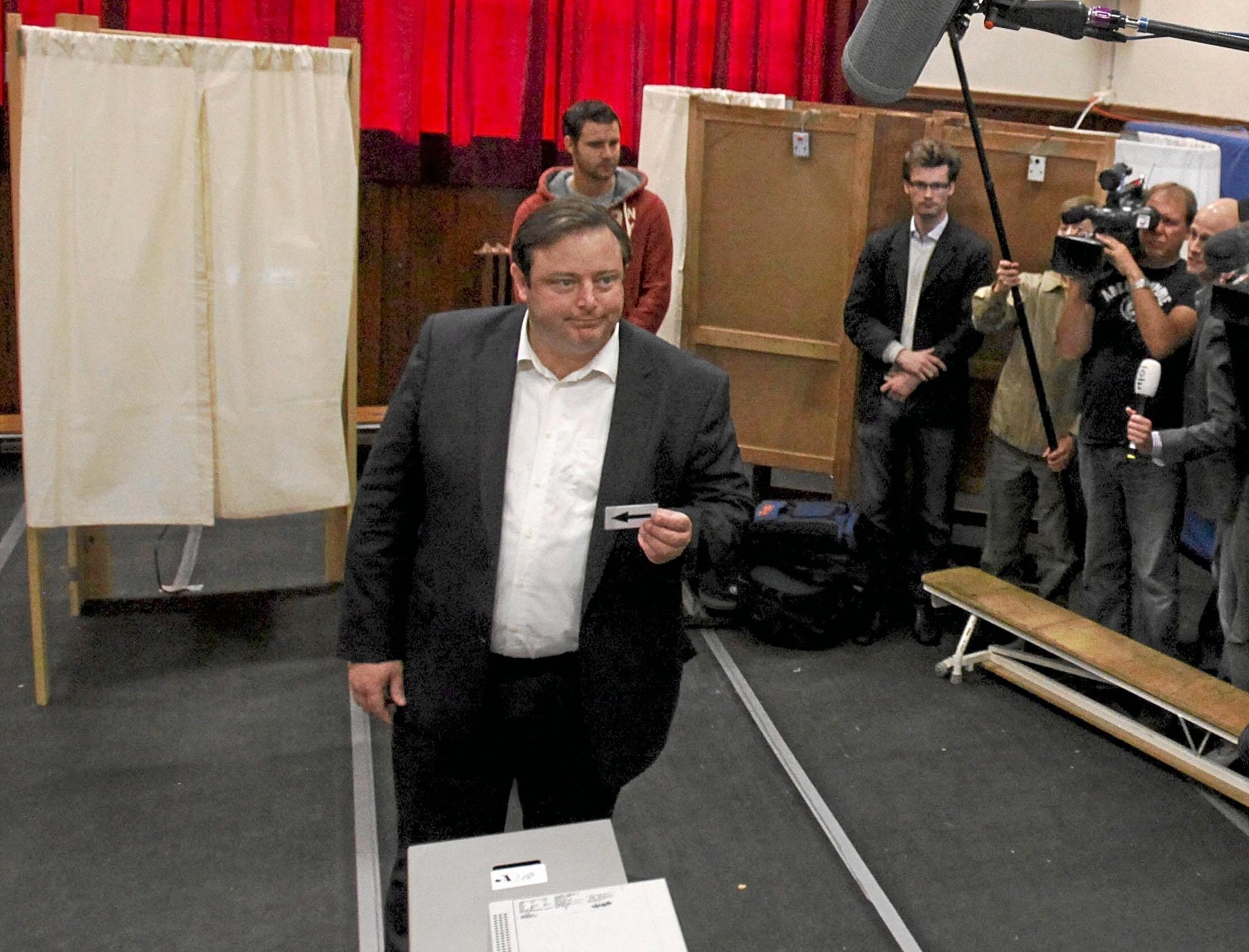"Any other option will have a cost for the countries". The European Commission insists that using Russian assets is the best option to help Ukraine, supported by the vast majority of capitals and would not incur any cost to national budgets. Therefore, Brussels continues to pressure Belgium, which currently resists allowing the EU to access up to 185,000 million euros in liquidity accumulated in Euroclear, a financial securities clearing and settlement company headquartered in the country's capital. This has led Belgian Prime Minister, Bart De Wever, to fear that Vladimir Putin may retaliate against the nation.
In fact, the numerous drones that have flown over airports, military bases, and even nuclear facilities in Belgium in recent weeks are already being seen as a warning from Russia. However, both the European Commission and member countries are working to convince the Belgian government, providing assurances that they will respond jointly to any Russian action and trying to get the measure approved at the December European Council. It seems challenging, but time is pressing as Ukraine is running out of funds to continue fighting against Russia and, consequently, to remain the EU's first line of defense.
"I hope, God willing, that we obtain this decision. Otherwise, we will have to find an alternative, it is a matter of our survival. That is why we need it very much. And I count on our partners," said Ukrainian President Volodymyr Zelensky yesterday on Bloomberg TV.
"The lack of action would have very serious consequences for Europe. Currently, we can already talk about hybrid warfare and potentially, all EU countries may suffer attacks from Russia," stated Stephanie Lose, Minister of Economy of Denmark, which currently holds the rotating EU presidency, after the meeting of EU Finance Ministers (Ecofin) held this Thursday in Brussels. Denmark, one of the most threatened by Russia, is also one of the most direct in defining the situation facing Europe.
In this same ministers' meeting, "the majority of Member States" expressed their "support for the Commission to continue working on the repair loan," as explained by Economics Commissioner Valdis Dombrovskis. They also discussed the other options that were put on the table yesterday by European Commission President Ursula von der Leyen. In her speech to the European Parliament, the German official mentioned that in addition to Russian assets, the EU could also consider a debt issuance using the EU budget margin; or that countries themselves could raise this financing and then transfer it to Kiev with an intergovernmental agreement.
However, these two additional options seem almost like a form of pressure to intensify efforts on Russian assets. To expedite finding a legal solution to address this situation and also to directly pressure Belgium. If they convince De Wever, something that seems likely to eventually happen one way or another, the EU will provide a credit of around 145,000 million euros to Ukraine, which will be received in installments and, if Russia commits to covering the country's reconstruction costs, will have to be fully repaid.
